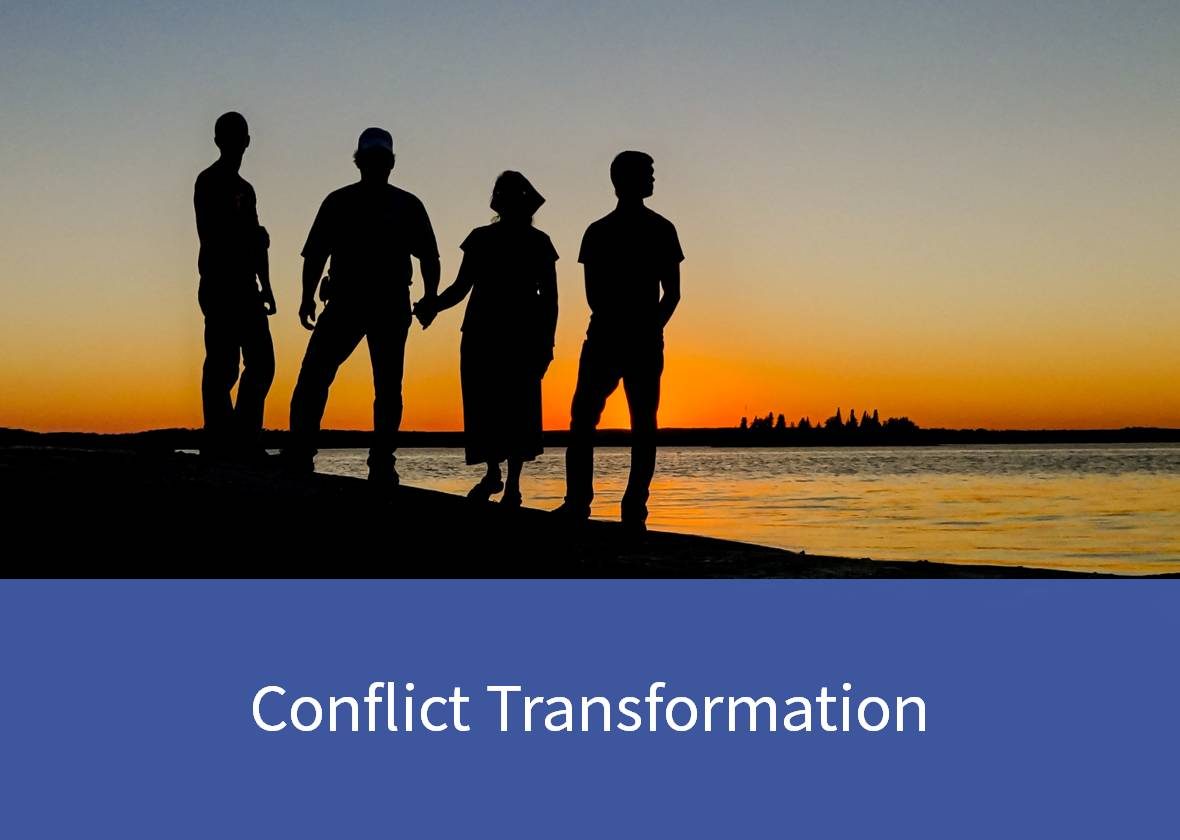The discourse about professional ethics is often limited to relevant codes of behaviour – the do’s and don’ts in a profession. While these are essential, they can reduce our understanding of ethics to keeping a set of rules or being focused on typical problem situations. The approach of virtue ethics broadens our understanding to include the character traits and non-obligatory ideals to which professionals aspire.
The workshop provides an understanding of the field of ethics generally, with a specific focus on recent developments in virtue ethics. Using the life experiences of participants and current literature, the core virtues of a helping professional, the characteristics of a virtuous professional, and principles for the foundation of high ethical functioning will be explored and applied.
Who would Benefit from the Workshop?
Anyone in any of the helping professions.
Learning Outcomes:
Participants will have an understanding of the field of ethics, virtue ethics and professional character and how to nurture this.
Duration:
One full day.
Workshop Content and Structure:
- A general understanding of the field of ethics.
- Recent developments in virtue ethics.
- The core virtues of a helping professional.
- The characteristics of a virtuous professional.
- Principles for the foundation of high ethical functioning.
Cost:
R1100 per participant.





